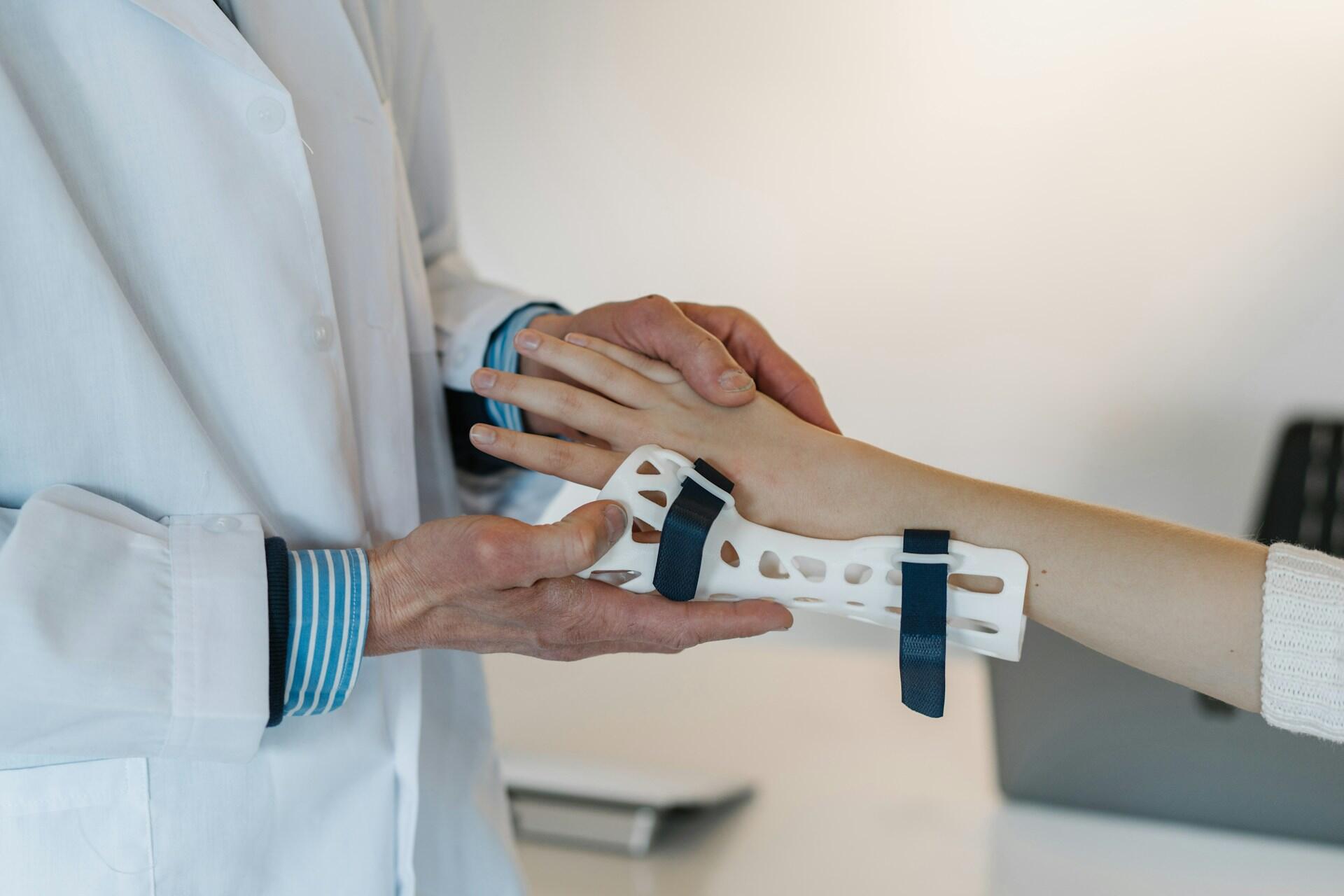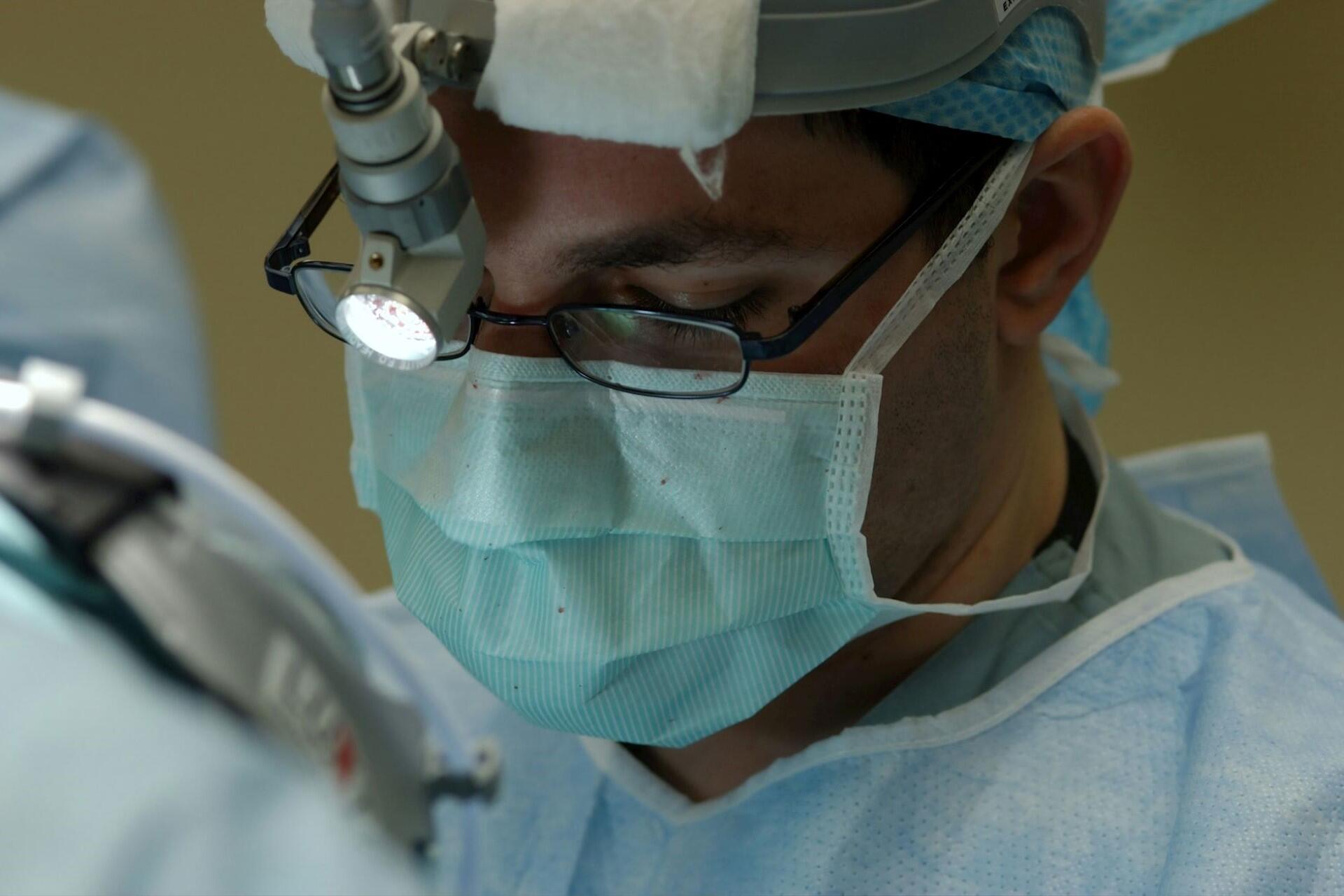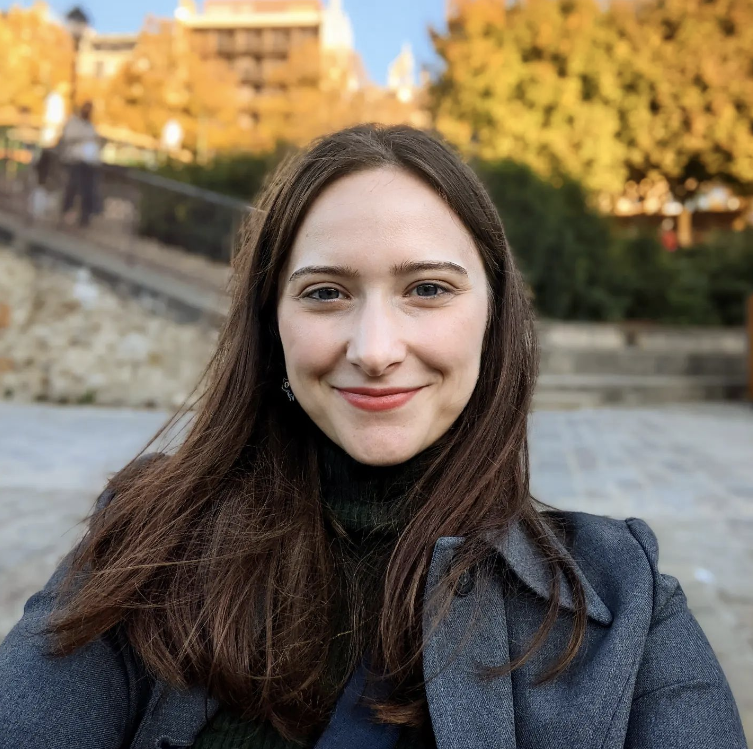It's not easy becoming a doctor. The unknown factor is: just how long and arduous is the process of becoming a doctor? Every country has its own process for training and certifying doctors, so what happens in one place might be entirely different from the process in another.
How does New Zealand, specifically, prepare students to be medical professionals ready to enter the medical field? How much does it cost, and what regulations do doctors need to follow? Can foreign-trained doctors practice in New Zealand after relocating from abroad? And how much do doctors earn in New Zealand? Is it worth it for the years of work and the cost of education? Let’s dive into all these answers so you can make an informed decision on if you want to be a doctor!

What Education Do You Need to Become a Doctor in NZ?
Doctors need to be very highly educated. They are responsible for the health and well-being of people in their communities, so they must be able to identify any health issues and know how to solve them (even if it means referring the patient to another type of doctor with specialist training).
In the case of surgeons, they must have extensive education and experience before being let loose as full-fledged surgeons. Their job is life and death! The same can be said for anesthesiologists.

So, what education do all doctors need, and what do you do if you want to be a specialist rather than a general practitioner?
Step 1: High School Requirements (NCEA + UCAT)
The medical degree pathway starts young in New Zealand. In general, students intending to attend a medical programme in New Zealand ensure that they earn 14 credits in three different Level 3 NCEA classes.
If you missed out on this requirement because your scores weren’t up to par or you didn’t realise you wanted to enter the medical field until after you finished school, don’t worry! The two medical training universities in New Zealand, the University of Auckland and the University of Otago, offer courses for students interested in this field.
In Year 13, students should focus on taking Level 3 biology, chemistry, physics, and/or English-centric studies. Make sure you research which subjects are required and/or preferred for the specific programme you want to pursue at university.
To get into medicine at the University of Auckland or Otago, students must take the UCAT ANZ – the University Clinical Aptitude Test for Australia and New Zealand. It assesses cognitive ability, empathy, and decision-making.
You'll typically sit the UCAT mid-year in Year 13 before applying to medical school. Strong results are essential to move beyond the first-year Health Sciences or Biomedical Science programmes.
But remember also to enjoy this time in secondary school and take courses that are genuinely fun and interesting! Your next step in your educational career will be focused only on medicine and science, so taking an art class in high school is a good idea if it’s your jam.
To enter medicine at either the University of Auckland or Otago, students must sit the UCAT ANZ (University Clinical Aptitude Test). This test is usually taken mid-year before applying to enter medicine.
Step 2: Medical School (Auckland and Otago)
The next step is to begin a Health Sciences or Biomedical Science programme at either the University of Auckland or the University of Otago—New Zealand’s only universities that offer medical degrees.
Other schools may offer postgraduate education programmes suitable for those in the medical field, but the only institutions in the country that prepare individuals to become doctors are these two.
The bachelor’s programme is 6 years in length, where the first year is a foundational preparatory course. The remaining 5 years are full of lectures, modules, tutorials, and hands-on experience. This is when you’ll start exploring different specialties so you can start thinking about whether you want to be a GP or a specialist, like a surgeon or cardiologist.
In UofA, the first-year medical students must complete either a Bachelor of Health Sciences or a Bachelor of Science in Biomedical Science. Years two through six are spent striving to achieve either a Bachelor of Medicine or a Bachelor of Surgery.
At the UofO, first-year medical students must complete the Health Sciences First Year programme. Then, over the next 5 years, students must complete the Early Learning in Medicine (ELM) programme, the Advanced Learning in Medicine (ALM) programme, and/or the Rural Medical Immersion Programme (RMIP). After all these studies, students graduate with a Bachelor of Medicine and Bachelor of Surgery (MBChB).

What If You Don’t Meet the Entry Requirements?
As mentioned earlier, students can still pursue a medical degree even if they didn’t leave high school with the traditional credentials.
The University of Auckland
The University of Auckland has several programmes depending on your situation:
- New Start for students over 20 years old (only for residents of New Zealand Aotearoa)
- Tertiary Foundation Certificate (TFC)
If you’re simply nervous about starting Uni and want some help easing into the experience, as well as gaining insight on how to do well in your studies, you can join one of Auckland’s preparatory programmes:
- Summer Start
- UniBound Summer Programme
- ARTSGEN 104 : Te Pārekereke
- Tōia ki Waipapa (for Māori tauira)
The University of Otago
If you don’t meet entry requirements, you can complete the Foundation Studies Certificate course to enrol in a bachelor’s programme. If you need preparation to complete the Foundation Studies Certificate, you can enrol in the Bridging Programme.
Step 3: Internship During Medical School
In years four and five of your bachelor's programme, you will start an internship at a hospital where you will be placed. This internship continues until the end of your sixth year when you receive your degree.
What Happens After Graduation? (House Officer to Consultant)
Your medical training is not over after you receive your Bachelor’s degree.
After getting certified to start practising, you then need to take at least two or three additional steps (depending on the type of doctor you want to be).
Step 4: Becoming a House Officer
In the middle of your sixth year of medical school, you’ll apply for and get matched with an employment opportunity as a House Officer through the ACE system. House Officer is essentially a paid internship where you have more responsibility than your previous internship.
You are an actual doctor, but you are the most junior. You’ll spend a lot of time gaining wisdom from the Registrars and Consultants.
Step 5: Training as a Registrar
After two years as a House Officer, you can apply to become a Registrar. You’ll have more responsibility, and you’ll start to hit your stride as a doctor.
It’s at this time that you can choose to pursue a specialty and take vocational classes outside of your working hours at the hospital. Whether you want to be a GP, an OBGYN, etc., you’ll complete the appropriate training programme, which can take 4-6 years or more, depending on the specialty.
- GP (General Practitioner): A family doctor trained in general medicine. GPs usually work in community clinics and complete vocational GP training after their first 2 years as a House Officer.
- Registrar: A doctor in specialty training (e.g. surgery, paediatrics, psychiatry). Registrars work in hospitals under supervision while studying toward consultant-level qualifications.
- Consultant: A fully qualified specialist. Consultants lead hospital teams, supervise registrars, and may perform surgery, prescribe treatments, or manage complex cases.
Step 6: Reaching Consultant or GP Status
This is the final step to becoming a fully realised doctor!
After you complete your vocational training, you can apply to become a Consultant/Specialist. Then you can work wherever you’d like within the scope of your training, registration, and practising certificate.
Medical Registration and Certification in NZ
Your University education and practical training culminate together into the qualifications needed to register as a doctor with a licence to practise medicine in New Zealand.
How to Register with the Medical Council of New Zealand (MCNZ)
Once you've completed one year as a House Officer, you can apply to register with the Medical Council of New Zealand (MCNZ). You will get a Provisional General Registration since you’re still learning at this stage.
After you complete your second year as a House Officer, you can apply for full General Registration with the MCNZ.
After you finish a vocational or specialist programme, you can also register for a Vocational Registration.
Keeping Your Practising Certificate Up to Date
In addition to being registered, you need to have a valid Practising Certificate that must be renewed each year. And, you must have different certificates for the different specialties and/or GP practice you perform, if you do more than one.

To renew your certificate, you may need to complete continued education requirements.

How Long Does It Take to Become a Fully Qualified Doctor?
As you can see from all the qualifications needed to become a doctor, it’s a long process.
Let’s break it down simply:
| Level | Time Range |
|---|---|
| Year 13 | 1 years |
| Bachelor's Degree | 6 years |
| House Officer | 2 years |
| Registrar | 4-6+ years |
| TOTAL | 12 - 14 years minimum |
Even though it takes more than a decade to become a full doctor in New Zealand, and a lot of those years may be spent working late nights and long weeks, you can expect to have some time to recoup, recover, and live a life outside of school.
to become a qualified doctor in New Zealand.
What Does It Cost to Study Medicine in New Zealand?
With all the different qualifications you need to become a doctor, you can imagine that becoming a doctor isn't the cheapest thing in the world.
Medical school in New Zealand is quite expensive. It is much more affordable in other places in the world; the cost of medical school in New Zealand is comparable to that in the US.
Let’s break it down into an easy chart:
| Year | University of Auckland | University of Otago |
|---|---|---|
| First Year | $8,558 | $17,389 |
| Years 2 - 6 | $16,909 | $17,389 |
| Total | $93,103 | $104,334 |
Keep in mind this is a chart of fees for domestic students, and the actual fees may differ depending on which papers you complete.
Ongoing Registration and Certification Costs
Additionally, you should consider the cost of maintaining your registration and PC while being a doctor. Remember, not having a valid PC is an offence.
| Registration Type | Cost |
|---|---|
| Provisional General Registration | $367.39 |
| General Registration | $587.82 |
| Vocational Registration (if you also hold a General Registration) | $293.92 |
| Vocational Registration (if you do not also hold a General Registration) | $587.82 |
| Vocational Practice Assessment | $19,300.85 |
| Annual Practicing Certificate | $927.68 |
There are also other fees associated with doctoring, that you can find on the MCNZ Fees page.
How Much Do GPs and Specialists Earn in New Zealand?
Depending on your level of experience, specialty, regional location and what kind of facility you work in, the salary for doctors can vary.
In general, the average salary for GPs hovers between $190,000 and $240,000.
For specialists, salaries can vary wildly. Typically, specialists can range between $210,000 to over $700,000. To know for sure what your prospective salary may be, you will need to research which specialty, specifically, you are interested in.

Can International Students and Doctors Work in New Zealand?
In short: yes! The two medical universities offer programmes to help international students enter their bachelor’s programmes, including courses that teach students the core subjects they need, as well as English-language education, if necessary.
If you’re already a doctor and want to relocate to New Zealand, there are numerous assessment programmes and registration types to make that possible for you.
Yes, but it depends on where you’re from. Doctors from Australia, the UK, and Ireland can often register directly through the MCNZ’s comparable health system pathway.
Others (e.g., from Asia, Africa, Europe, the Americas) may need to sit the NZREX Clinical exam or work under provisional supervision first. You’ll also need to prove English fluency and recent clinical experience.
Depending on where your degree and experience hail from, you will have a different pathway to employment as a doctor. In 2025, doctors from Australia, the UK, and Ireland can typically register via a streamlined MCNZ pathway. Doctors trained in other countries may need to complete the NZREX exam or supervised practice assessments.
of medical school cohorts, reflecting a concerted effort towards inclusion and equity in New Zealand medical schools.
But, as long as you have the appropriate education and experience, people from all over the world can be a doctor in New Zealand.
Study Help: Tutoring and Academic Support for Future Doctors
Aspiring doctors can face a lot of challenges in their studies because there is so much to learn, on top of all the practical experience a medical student must obtain.
Private tutoring is one of the most effective methods to make sure you study effectively, so you can retain the knowledge you need to pass your exams and be an effective medical professional in your career.
Tutors not only impart subject-specific knowledge but also work with you to improve your ability to learn in class. They can clarify specific topics or equip you with techniques for better note-taking and more efficient revision methods. You can also seek out help with writing your papers if you know the material but struggle to write it the way your professors want.
If you’re in a well-populated area, there’s a good chance you can find a face-to-face tutor and learn in person. For those in remote areas or on a budget, online tutoring is an excellent option. Even those in populated areas can benefit from searching for tutors online since you can find a tutor who meets your needs regardless of location.
The good news? Finding a tutor may be the simplest and easiest thing you do while in medical school and post-graduate education. Simply search on Superprof for a tutor who can teach exactly what you need, who meshes well with your personality, who teaches the way you learn, and who fits into your schedule and budget.
While pursuing medical education is a long and expensive endeavour, the fact of the matter is that doctors are among the most important members of any society and should always be highly regarded.
Becoming a GP or a doctor in New Zealand is a challenging but ultimately rewarding choice. With the right research, preparation, dedication, and support, you can go from high school to medical school to full registration. From there, you can build a career that makes a difference in people's lives, and there's never been a better time to start your career in New Zealand.
Summarise with AI:

















